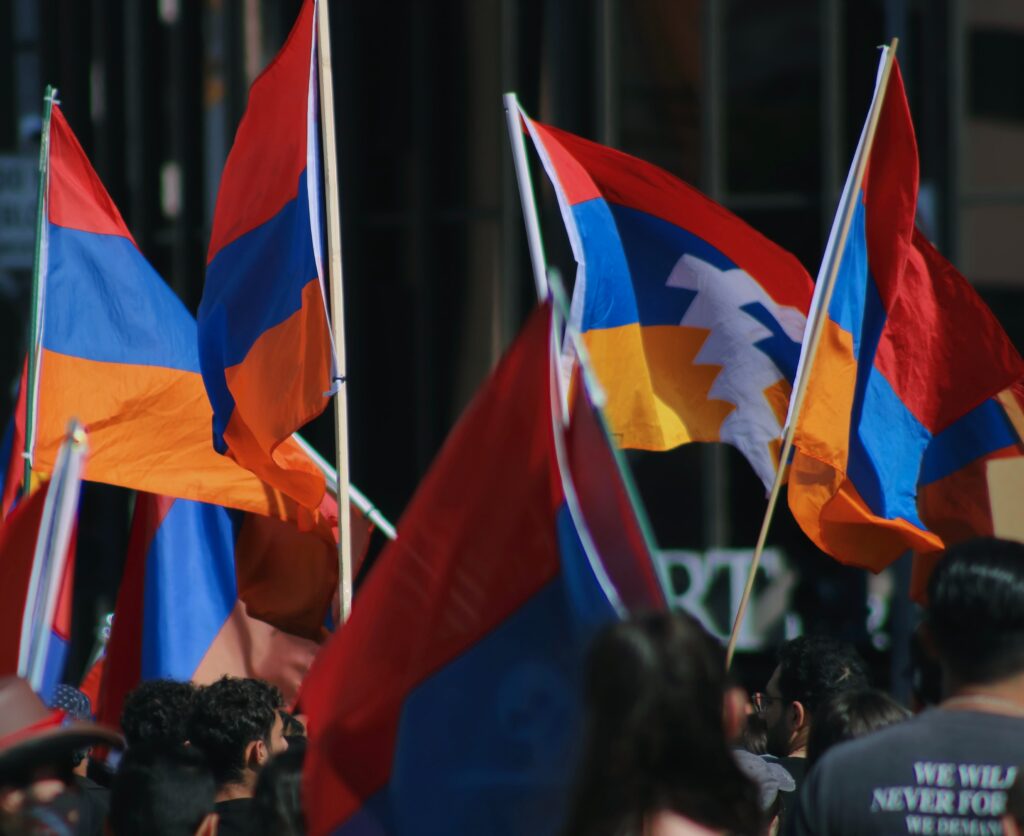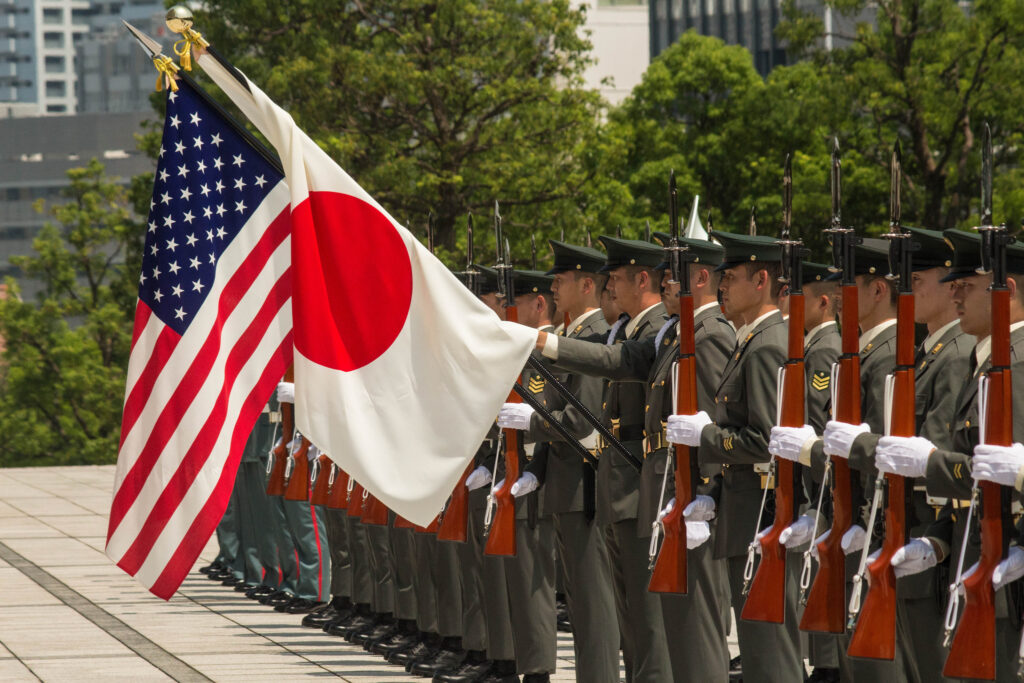April 24, 2023, marks the 108th anniversary of the Armenian Genocide, the systematic extermination of 1.5 million Armenians by the Ottoman Empire during World War I. To this day, the Armenian Genocide remains unrecognized by Turkey, the successor state to the Ottoman Empire.
Unrecognized is perhaps too passive a word — actively denied, systematically erased and grossly misrepresented would be a more accurate reflection of Ankara’s state policy. The same is true for the Greek and Assyrian Genocides which were executed by the Ottomans during the same period, claiming an estimated 500,000 and 300,000 lives, respectively.
Sometimes, numbers speak louder than words: 2 million Armenians lived in the Ottoman Empire before World War I. By 1922, there were fewer than 400,000 left.
To put that in perspective, an estimated 75% of the world’s Armenian population perished.
It is difficult to articulate the profound impact such a statistic has on a community, and on the country that inherits its legacy. The level of loss and tragedy is unfathomable.
They say that time heals all wounds. Armenians say, “our wounds are still open.”
Over 100 years ago, 1.5 million Armenian lives were lost to rape, horror and destruction that should have no place in this world. 1.5 million Armenian lives were never brought to justice. Today, millions of Armenians around the world carry the legacy of survival without recognition.
But how do you transmit intergenerational trauma when the trauma is left unspoken? When millions of Armenians today are only alive because one survivor in their family made it out of the carnage? Stories of the brutality endured by our ancestors have been passed down through generations. But for every story told, hundreds more are lost to memory, time and the deeply ingrained Armenian tradition of silence.
Armenians are raised with the knowledge that entire generations of their bloodlines were nearly wiped out. And somehow, they still live. But many do not know their own family’s stories. Instead, they fill the absence of this knowledge with the collective sense of trauma, resilience and the longing for justice that has characterized Armenia, Armenians and the Armenian diaspora for decades.
Armenians are brought into the world conscious that they shouldn’t exist — that their presence must be justified, must mean something, can’t be for naught. We shouldn’t be here, after all. It’s a miracle that we are. An attempt was made on our life — on our community, our identity and our very existence. It builds a collective consciousness that transcends borders and identities.
Armenians — particularly those in the diaspora — are born into an innate sense of purpose and the intense pressure to fulfill it. Those who choose not to take on this crusade, or who stray from its conventional course, are often penalized, their Armenianness questioned and subject to scrutiny. Others become numb, and some get burnt out. Though the fight rages on, fueled by a sense of invisibility in a globalized world where visibility is more attainable, the sense of purpose that often finds young Armenians in their teenage years eventually dulls.
Now, more than a century later, Armenians find themselves living with something to prove and a life to make worth living — a legacy not born from genocide, but from Turkish denial. A blood-stained, violent kind of denial that fuels the continued ethnic cleansing of Armenians today. It was only July 2020, after all, when Turkish President Recep Tayyip Erdoğan vowed to “fulfill the mission carried out by [his]grandfathers,” mere weeks before providing direct military aid to Azerbaijan in its premeditated war against the Armenians of Nagorno-Karabakh.
Moreover, in 2021, the United States become the 34th country in the world to recognize the Armenian Genocide under U.S. President Joe Biden, marking the first time in my memory that Armenia made national headlines. Although the collective sigh of relief, validation and victory was palpable among the Armenian-American community, a new responsibility emerged with it: what next?
That’s the question we try to answer every day. Today, crisis after crisis threatens the Armenian nation — and although the world keeps moving forward, it’s always worthwhile to stop and contemplate the events of the past.
We are our history, and we are what we make of ourselves.







